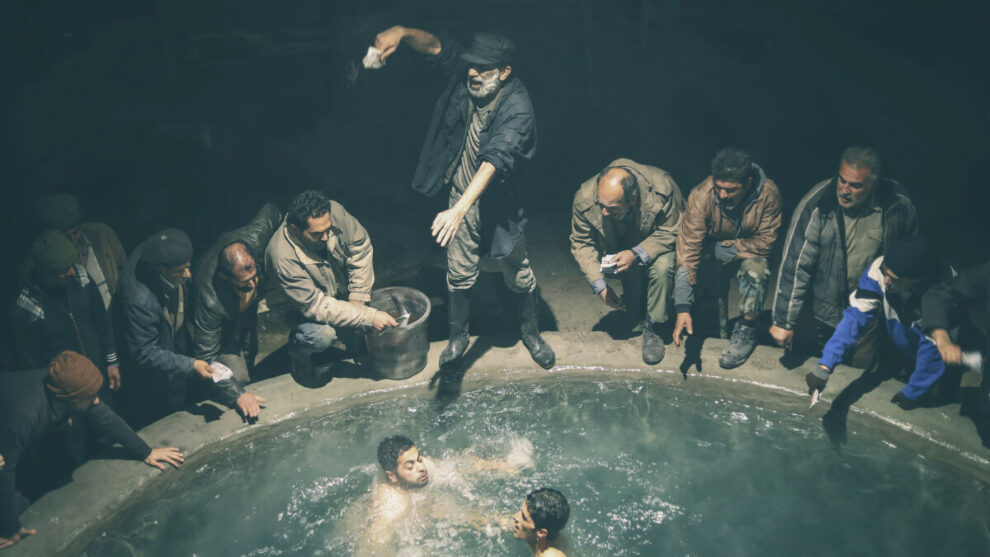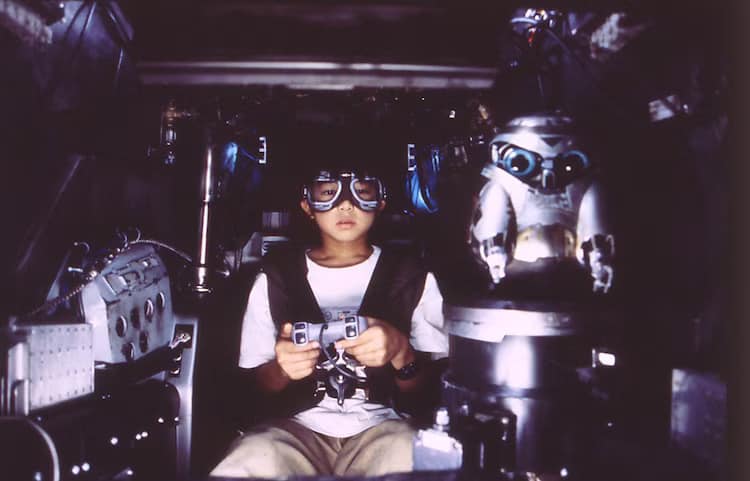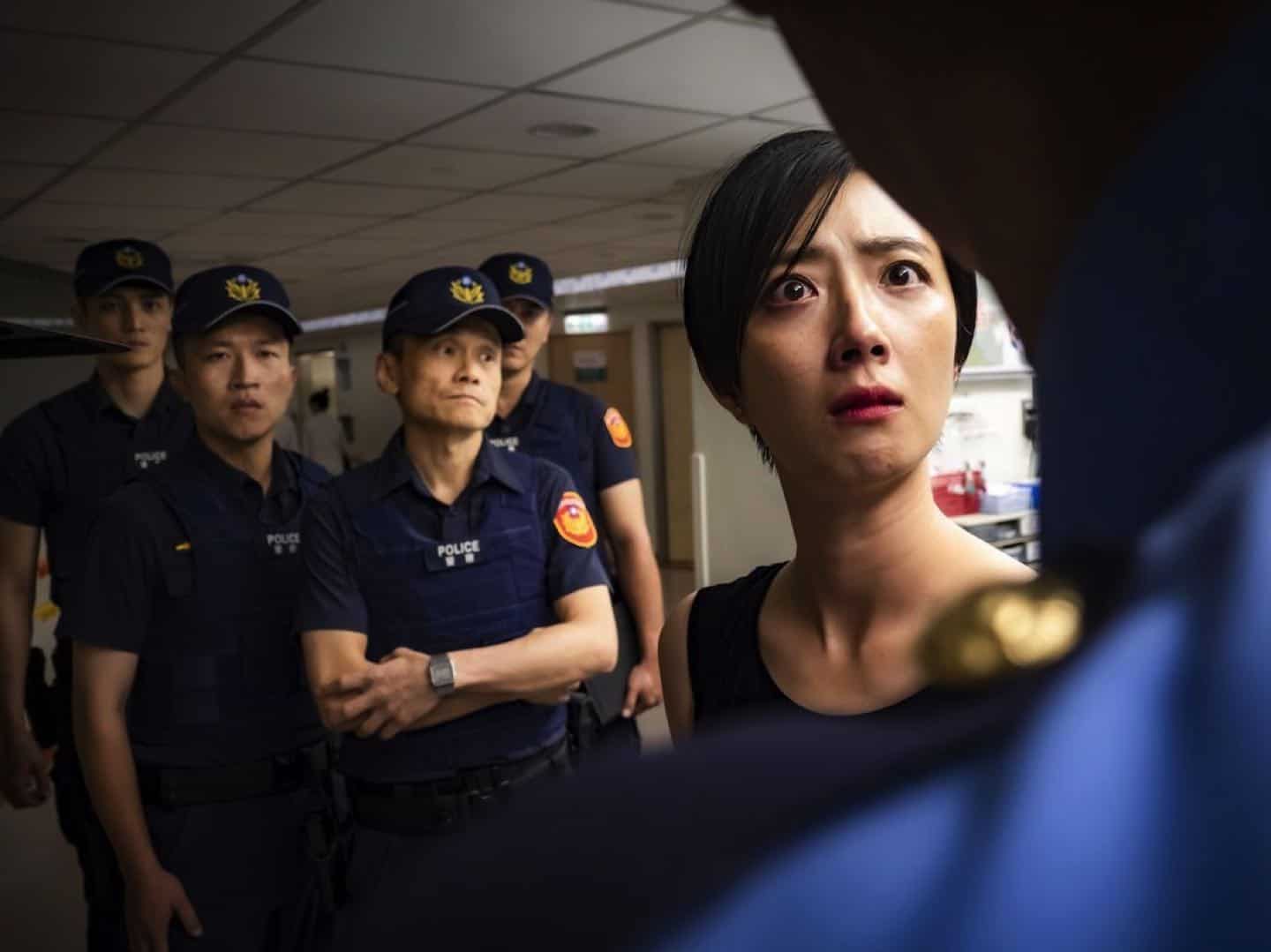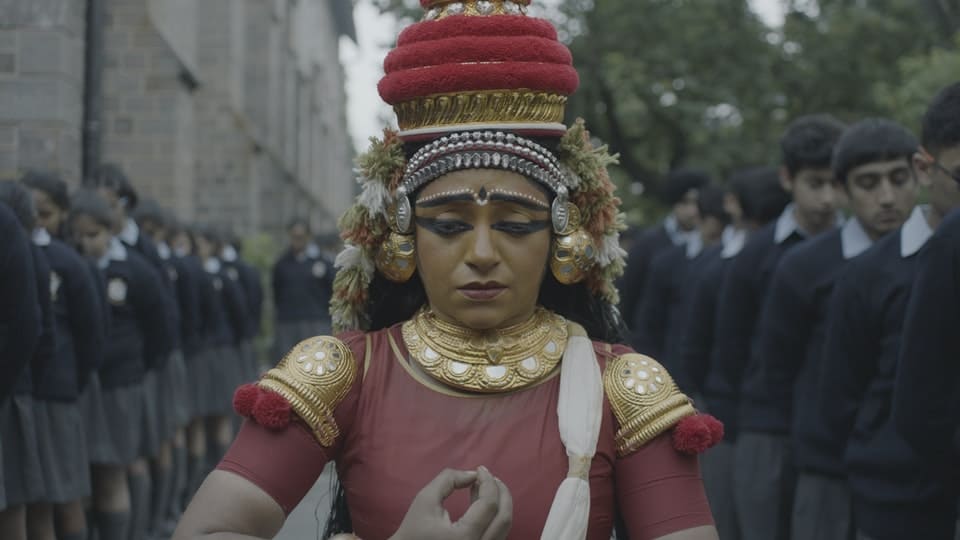The only way Amir (Hamid Reza Abbasi) and Narges (Sadaf Asgari) can spend time together is in their secret, open ‘living room' in a never finished luxury hotel overlooking one of the long, sandy beaches of the Caspian Sea in North Iran. The concrete shell, long time abandoned by its makers, serves as their zone of comfort, where they dream about a bright future together. The problem is that Amir comes from a poor, working class family and Narges is a daughter of wealthy, influential parents who want to secure her future by finding an ideal suitor who won't have trouble paying a sky-rocket high dowry.
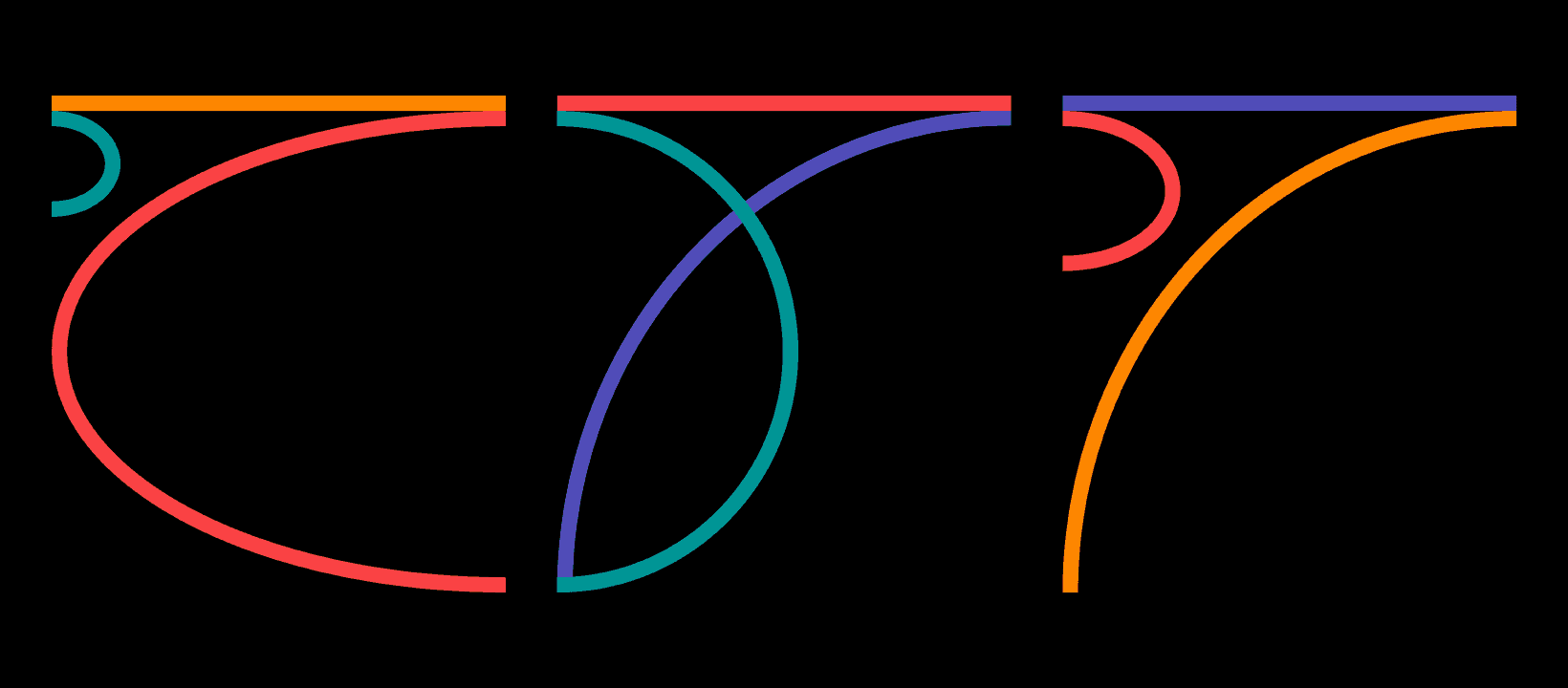
The film kicks off with a scene in which the lovebirds spend time on a completely desolated beach, but although there is no one to be seen, Narges refuses to join her boyfriend for a swim. In his boyish desire to impress, he will disappear under the water surface to demonstrate his swimming and diving skills. It is late autumn in Iran, and the sea is getting rougher with each day. This opener carries more meaning to the latter development of things than the viewer is aware of.
Karamizade, who is also behind the script of his feature debut “Empty Nets” weaves a thick plot puzzle that involves more than just the core story about young love doomed to shatter. On his desperate quest to earn quick money, Amir gets plunged into a world he would have previously regarded as immoral and unacceptable, but after he gets fired from his daily job as a restaurant manager because he refused to humiliate a customer by denying him service, he gives up on principles.
Check also this interview
Far away from the Iranian capital that also struggles with job opportunities but offers more than the rest of the country, Rasht is a city that crawls with young people in quest for employment. After an intense, draining search for any odd job, Amir is told by a local kebab seller that a fishery, almost an hour away from his hometown is constantly looking for new people. Without any previous experience with fishing, but reluctant to finally get a source of income, he decides to test his luck.
The moment the story gets re-located to a fishery operated by the morally bankrupt Ghasem (Behzad Dorani), “Empty Nets” get another dimension and the narrative presenting a dog-eat-dog business, from its exploitative nature (all men have to pay the lodging and board upfront), tough concurrence (fish market), to poaching, takes over. Wide shots and precise lensing by Ashkan Ashkani (irregular collaborator of Mohammad Rasoulof), with its blue hues makes the whole environment look like a proper crime scene in which the biggest danger comes in shape of fear for economical survival of the fittest, in its most literal sense. Those who can swim and hold their breath long, can also hope to stay in the game and maybe even come a bit wealthier out of it.
“Empty Nets” is strongest in its representation of the ongoing job crisis in Iran, as it shows the sense of hopelessness young generations are faced with, as well as the struggle of people from lower social classes to get out of the hamster wheel, and to seize better career opportunities. The film is full of metaphors given in the relationship nature-humans, in a very Darwinian sense. On the other hand, the relationship between Amir and Narges comes across as less credible due to the complete lack of any affection other than that given in their verbal exchange. It is in a way relatable that Karamizade couldn't take risks in breaking a taboo involving any kid of physical contact considering that the film was shot in Iran, but at the same time the absence of even the smallest form of intimacy (such as holding hands) when the couple is alone, makes their relationship look unconvincing.
The international premiere in Karlovy Vary's Crystal Globe Competition, will most certainly propel “Empty Nets”‘ further international festival presence.


